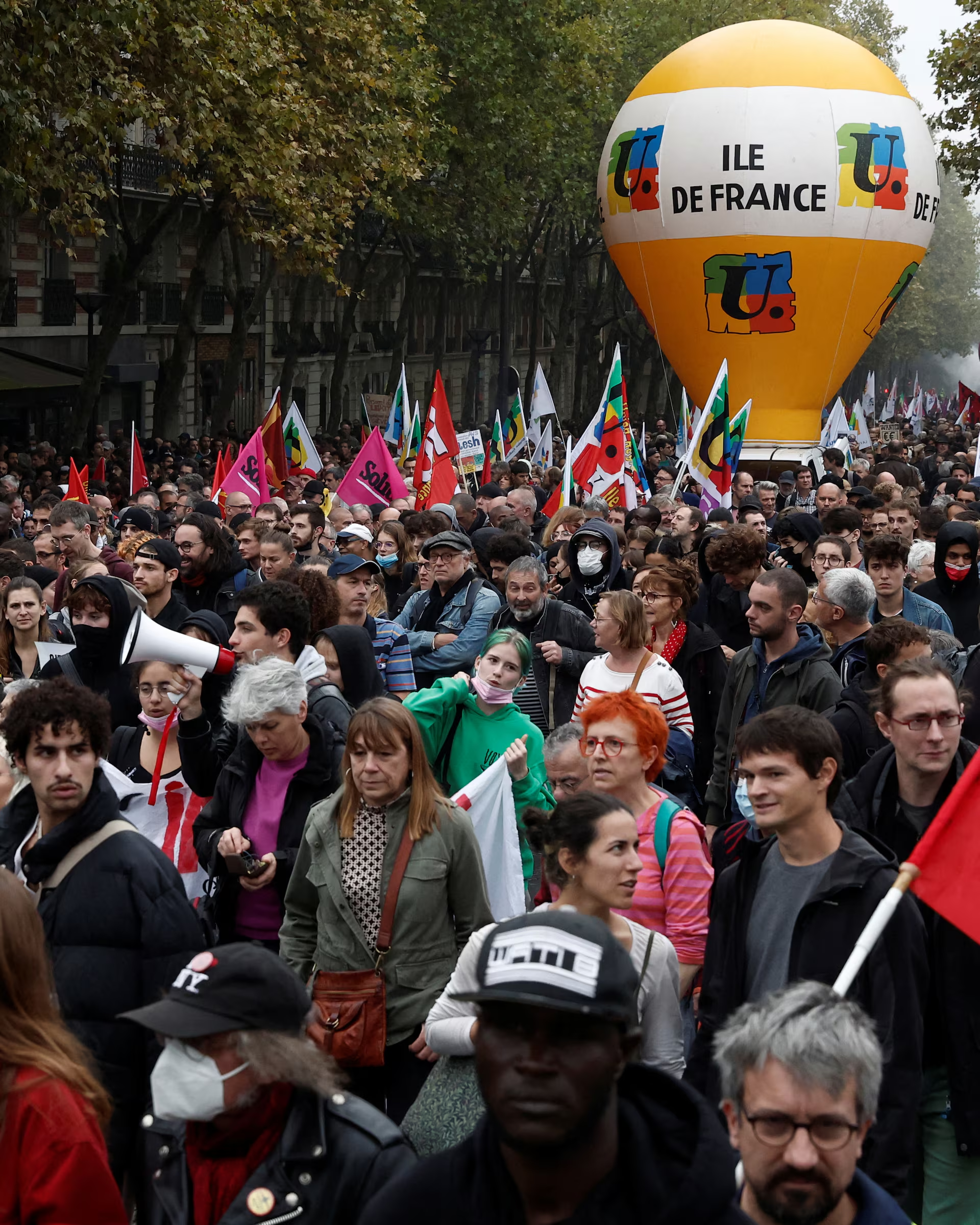The economic landscape under President Trump"s latest tariff policies resembles a ticking time bomb, set to explode in the faces of American workers and families. The so-called "Liberation Day" tariffs, introduced on April 2, 2025, promised to rectify trade imbalance but instead threaten to deepen inequality and stifle the middle class. As reported by The Washington Post, while the stock market might be soaring and unemployment steady, the realities for everyday Americans paint a starkly different picture.
Tariffs Create Uncertainty for Working Families
Three months post-announcement, many families are bracing for a wave of price increases. Economists have raised alarms about the potential ripple effects of these tariffs on consumer goods, which could lead to "huge increases in prices for American working families," as highlighted by experts in a New York Times opinion piece. This economic policy isn"t just a political maneuver; it"s a direct threat to the financial stability of families already struggling to make ends meet.
Stock Market Gains Mask Deeper Issues
The S&P 500 index may be hitting all-time highs, but these gains are misleading and do not reflect the lived experiences of the average American worker. According to PIIE, the economic effects of Trump"s tariffs could lead to a significant contraction in consumer spending. As costs rise, workers may find themselves with less disposable income, ultimately stifling economic activity.
Workers" Rights Are Under Siege
As the economy shifts under the pressure of these tariffs, the rights of workers are at risk. In an environment where businesses face increased costs, the first instinct may be to cut wages or benefits, further exacerbating wealth inequality. The Harvard economist Kenneth Rogoff has pointed out that while tariffs may aim to protect American jobs, they could inadvertently lead to job losses, particularly in low-wage sectors that are most vulnerable to cost increases. This is a stark reminder of how economic policy can have unintended consequences that disproportionately affect marginalized communities.
Declining Dollar Adds to the Crisis
Simultaneously, Trump"s trade policies are accelerating the decline of the U.S. dollar, marking the worst start to a year in over fifty years, according to NPR. A weakened dollar means higher costs for imported goods, which will be felt by working families who rely on affordable products for their daily lives. The cycle of rising costs and stagnant wages only deepens the economic divide, leaving low-income families scrambling to survive.
\n\n
Strikes, protests in Europe over cost of living and pay | Reuters
Tax Cuts Favor the Wealthy
In tandem with the tariffs, the announcement of new tax cuts for certain demographics has sparked outrage among progressive circles. These cuts, while celebrated by some, disproportionately benefit the wealthy, leaving working-class families to bear the brunt of the tariffs and resulting inflation. The economic policies under Trump are increasingly favoring the elite, prioritizing their interests over the basic needs of the community. This widening gap between rich and poor is not just an economic issue; it’s a moral failing that demands immediate attention.
Call for Accountability and Reform
The time for accountability is now. Policymakers must recognize the detrimental impact of these tariffs and take immediate action to protect the rights and livelihoods of American workers. There is a critical need for reform in both trade policy and economic strategy to ensure that working families are not left to bear the consequences of political gamesmanship. The future of economic justice depends on the voices of those most affected being heard and valued.







![[Video] Gunfire between Iraqi security forces and Sadr militias in Baghdad](/_next/image?url=%2Fapi%2Fimage%2Fthumbnails%2Fthumbnail-1768343508874-4redb-thumbnail.jpg&w=3840&q=75)
